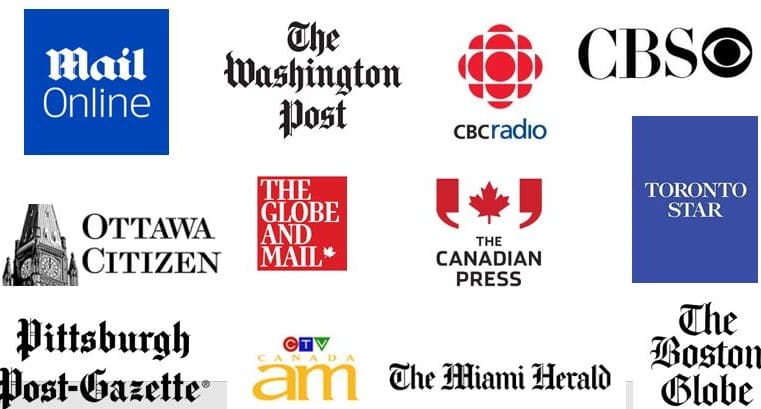 If you’re the kind of active soul who is up at the wee hours of dawn for a run, you look forward to sneaking in a workout after even the most tiring work day, or your idea of a fun weekend is an outdoor adventure, you should know that your eating habits make a big impact on your health.
If you’re the kind of active soul who is up at the wee hours of dawn for a run, you look forward to sneaking in a workout after even the most tiring work day, or your idea of a fun weekend is an outdoor adventure, you should know that your eating habits make a big impact on your health.
It’s not just about having the energy to power through – it’s about helping your body recover so you’re not wiped out the next day.
That’s where sports nutrition comes in. No, not a strict meal plan or calorie counting app – just real, purposeful eating to help you feel stronger, recover faster, and get more out of every session.
If you’ve ever wondered what to eat around your workouts without getting overwhelmed, here’s a simple, no-pressure guide to get you started.
Before Your Workout: Fuel Up (But Don’t Overload)
You don’t need a gourmet meal before lacing up your sneakers, but your body does need something to run on.
1. Time it right
Have a light meal about 1–2 hours before exercising. If you’re squeezing in a workout early in the morning, even a banana or slice of toast with peanut butter is better than heading out on an empty stomach.
2. Focus on carbs and a bit of protein
Carbs are your body’s go-to energy source for movement, and adding a little protein helps support your muscles. Good pre-workout options might look like:
- Greek yogurt with fruit
- Oatmeal with almond milk and honey
- A small smoothie with banana and protein powder
Skip heavy, greasy foods–they take longer to digest and can leave you feeling sluggish mid-session.
3. Don’t forget to hydrate
Your body needs water just to function, let alone perform. Drink a glass or two of water before your workout, especially if it’s hot out or you’re doing something intense.
After Your Workout: Rebuild and Replenish
Once you’ve finished sweating it out, your body’s in recovery mode. Muscles need repair, energy stores need topping up, and hydration needs a refresh.
1. Eat within 30–60 minutes
You don’t need to scarf down food the minute you finish, but try to eat within an hour. That’s when your body’s most efficient at using nutrients to rebuild.
2. Protein is your friend here
It helps repair and build muscle tissue, especially if your workout includes strength training. Pair it with carbs to restore energy levels. A few smart combos:
- Grilled chicken with sweet potato
- A protein shake with berries and almond butter
- Eggs on whole-grain toast
3. Hydration isn’t over yet
If you sweat a lot, replace those fluids with water or something with electrolytes (especially after long or intense sessions). Coconut water, a pinch of salt in your water, or electrolyte tablets can help.
A Few Extra Tips
Here’s some extra serving for you:
Listen to your body
Some people like big meals after workouts. Others prefer lighter snacks. There’s no one-size-fits-all, so pay attention to how your body responds and adjust as needed.
Whole foods over gimmicks
Supplements can help, but don’t let them replace real, nutrient-dense meals. Sports nutrition starts in your kitchen, not just in a tub of powder.
Be consistent
Eating well one day won’t magically make your workouts amazing. But regular, balanced meals will support better endurance, recovery, and long-term health.
Final Thought
You don’t need to be a pro athlete to benefit from sports nutrition. Whether you’re aiming to break a personal record, fit in a couple of workouts each week, or just want to feel better overall, the right food before and after exercise can have a huge impact.
Start simple. Notice what gives you energy and what leaves you feeling off. There’s no perfect formula, just small, smart choices that add up over time. Let your meals support your movement, not follow it as an afterthought.

